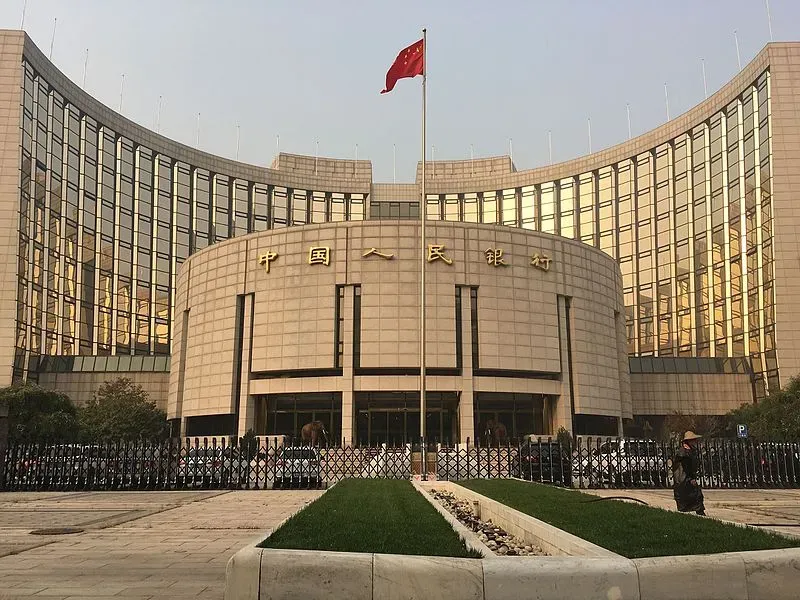AI and Blockchain increasingly power chinese court system according to reports from multiple sources.
Registered users have completed 3.14 million litigation activities through a smart court application from March to October, according to a white paper released by the Supreme People’s Court (SPC) Wednesday.
Titled “Chinese Courts and Internet Judiciary,” the white paper reported that 1.16 million people and 73,200 lawyers have registered in smart courts.
China has made great efforts on building online judiciary courts by utilizing big data, cloud computing, artificial intelligence (AI) and blockchain.
Earlier this year, the “mobile micro courts,” a pilot project providing “one-stop” services like filing, hearing, mediation and evidence exchanges was launched in 12 provincial-level regions by the SPC, aiming to facilitate judicial procedures.
This “one-stop” litigation service system aims to enable users to complete judicial proceedings without going to the court, said Li Shaoping, deputy president of the SPC.
Headed towards a future with AI-powered judges
In these “courts of the future” citizens are able to communicate with non-human, virtual, AI-powered judges in front of multiple screens, which negates the need for them to physically appear in court. The system also creates the possibility for citizens to receive their court decisions by text or through major messaging services.
After establishing the “world first” smart internet court in the eastern city of Hangzhou in 2017, China launched similar operations in the cities of Beijing and Guangzhou. In April, Zhang Wen, president of the Beijing Internet Court, reportedly said that the court employs technologies such as AI and blockchain to render judgment. Zhang said at the time:
“In the current use of AI as an assistant to make rulings, efficiency is prioritized over accuracy. A human judge is ultimately responsible for the fair ruling. […] But we are heading toward a future when we can see an AI judge sitting at the podium.”
According to a report released by the Supreme People’s Court, more than 1 million citizens are already registered with the smart court system, along with 73,200 lawyers.
Blockchain can legally authenticate evidence
In September of last year, China’s Supreme Court ruled that evidence authenticated with blockchain technology is binding in legal disputes. The Supreme Court declared that “Internet courts shall recognize digital data that are submitted as evidence if relevant parties collected and stored these data via blockchain with digital signatures, reliable timestamps and hash value verification or via a digital deposition platform, and can prove the authenticity of such technology used.” AI, Blockchain power chinese court system increasingly.
This demonstrates the ways in which blockchain and other technologies can become valid for improving the lives of people. Their application in the court systems is a surprising one but it makes sense. Blockchain is unhackable. It is a perfect, decentralised and transparent ledger. That makes it applicable for all eventualities where you need a transparent way of storing data. Too many times have we heard of hacking and other data tampering that has thrown a dampner on the possibility of accepting digital data in court. While the technology is new and possibly untesting, it is interesting to see it applied in unexpected places.



